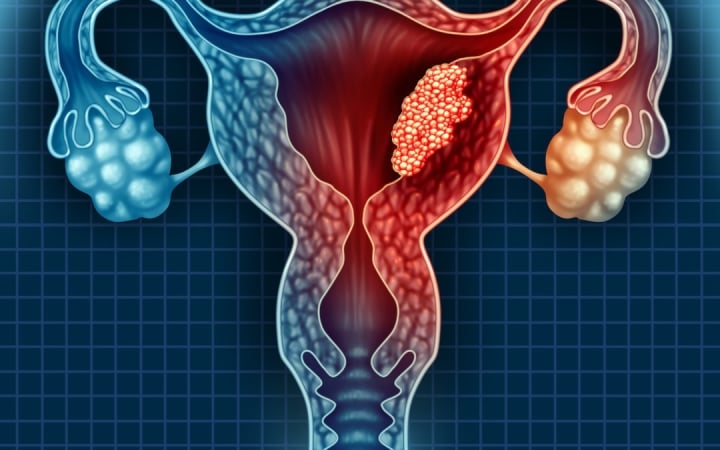Red-Light Relations
The true story of Xiao Li, 33 years old: She had been happily married for 5 years. However, 2 months ago, she started experiencing mild abdominal pain and unusual vaginal bleeding. Due to her assumption that it was a common disorder, she delayed seeking medical attention, not to mention the frequent intimacy with her husband, which made her hesitate.
When the pain became unbearable, she had no choice but to go to the hospital. When Xiao Li regained consciousness, the first thing the doctor told her was that she should go to a central hospital for cancer screening as soon as possible.
After undergoing a series of tests, she was diagnosed with cervical cancer in stage 3. It was even more shocking when the investigation of her medical history indicated that the cause of the disease was closely related to her husband. To be more precise, it was due to the unhealthy conjugal habits of the couple.
It turned out that Xiao Li’s husband had a high libido and demanded intimacy even during her menstrual periods. To please her husband, Xiao Li did not refuse, and for over a decade, intimacy during her periods became a regular occurrence.
However, Xiao Li’s doctor warned that having intercourse during menstruation is extremely dangerous for a woman’s health. This is because, during menstruation, the endometrium is very sensitive and susceptible to injury. If intercourse, especially vigorous penetration, occurs, it can cause tearing, bleeding, or inflammation of the cervix. If this situation recurs frequently and is not treated decisively, it can eventually lead to cervical cancer.
Moreover, at this time, the cervix is open, and the vaginal environment is moist. Hormonal changes create favorable conditions for bacteria and viruses to invade easily. Common infections include yeast infections and HPV, which are all high-risk factors for cervical and uterine diseases, especially cervical cancer.
In conclusion, intimacy during menstruation is harmful, and couples who engage in this practice should stop immediately before it’s too late.

Smoking
Many husbands have a smoking habit, some even smoking excessively. They continue to smoke even in close proximity to their wives, which is also very harmful through secondhand smoke.
Women who smoke are twice as likely to develop cervical cancer as non-smokers. Components of tobacco smoke have been found in the cervical mucus of smoking women. Researchers believe that these substances damage the DNA of cervical cells and may contribute to the development of cervical cancer. Smoking also weakens the immune system’s ability to fight off HPV infections.
Not Using Condoms
Many people find condoms uncomfortable and choose not to use them, but this habit is extremely dangerous. If a man is carrying the HPV virus, there is a high probability that he will infect his partner. Condoms are not just a contraceptive method but also an important defense against sexually transmitted infections.
Warning Signs of Cervical Cancer
– Abnormal vaginal bleeding: This can include bleeding after sexual intercourse; bleeding after menopause; spotting between periods or prolonged and heavy periods; and bleeding after douching.
– Unusual vaginal discharge: The discharge may contain some blood and can occur between periods or after menopause.
– Yellowish vaginal discharge with a foul odor or mucus with blood streaks.
– Lower abdominal pain, frequent urination, and discomfort during urination.
– Pain during sexual intercourse.
– Pelvic pain.
As the disease progresses, more severe symptoms may appear, including:
– Swollen legs.
– Urinary and bowel problems. Blood in urine or stool when cancer invades the bladder or rectum.
– Unexplained fatigue and weight loss
































